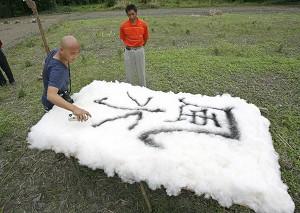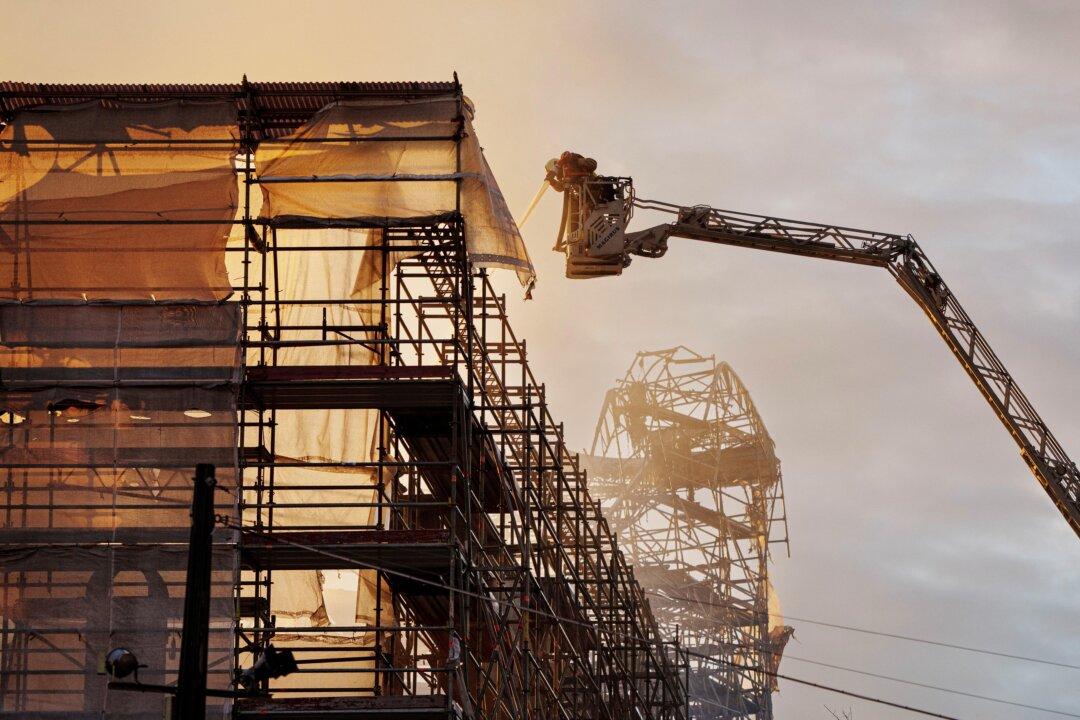BEIJING—The Chinese art of feng shui, a form of geomancy once banned by the Chinese Communist Party as a superstition, has now found its way on to the school curriculum in China, a newspaper said on Tuesday.
A high school in Xiamen, in the rich southeastern province of Fujia, had started a course in feng shui, long practised by Chinese communities outside China, “for the first time”, the Beijing News said.
The basic premise of feng shui (wind water) is that one’s environment influences life, giving profound importance to the position of furniture in a room, for instance, or the direction a building faces.
Highly paid feng shui masters are routinely called in by architects in Hong Kong before a building is planned.
The practice was banned as a superstition after China’s Communists took power in 1949, but it has since seen a revival.
“Traditional feng shui culture has its good features as well as its bad ones,” Xiong Yongliang, a teacher in the school who wrote a textbook for the course, was quoted as saying. He did not elaborate.
The newspaper also said students taking this course found feng shui “interesting and practical”.
In May, newspapers reported that some Chinese Communist officials turned to feng shui masters for advice to ward off “evil spirits” from competitors and get a better chance of promotion amid a nationwide job reshuffle.
One senior official in eastern Zhejiang province moved his ancestors’ tombs thousands of miles to the foot of the famed Tian Shan mountain in the northwestern region of Xinjiang in an attempt to improve his career prospects.






Friends Read Free